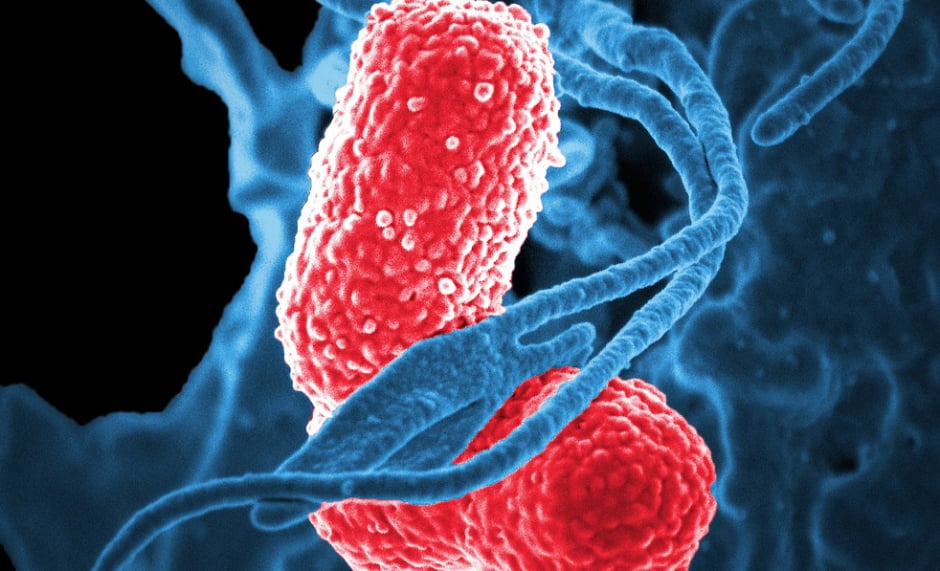ANTIMICROBIAL therapy can inhibit the growth of bacteria and help prevent life-threatening disease in patients with pneumonia, according to researchers from the Universities of Nottingham and Leicester, UK. The study showed that this form of treatment can target specific cells in the immune system to prevent the replication of the bacterium Streptococus pneumoniae shortly after initial infection occurs.
Replication of Streptococus pneumoniae
Using confocal microscopy, the team conducted experiments on different organisms, enabling insights into different immune cells and the infecting bacteria. They discovered that S. pneumoniae replicates within a subset of splenic macrophages in a process that protects this bacterium from being destroyed by other immune cells and commonly used antibiotics. The replication leads to the onset of life-threatening disease.
Antimicrobial Therapy Potential
The researchers then found that antimicrobial therapy specifically targeted at these macrophage cells in the immune system kills or inhibits S. pneumoniae and can additionally prevent the onset of Pneumococcal septicaemia and thus sepsis, a common occurrence in patients with pneumonia.
The findings have the potential to quickly improve outcomes for patients with pneumococcal disease, as they showcase the ability to treat patients more effectively with already available medications. Dr Luisa Martinez-Pomares, University of Nottingham, commented: “Macrophages are immune cells essential for the fight against infection but, unwittingly, they can provide a safe environment for pathogens to evade killing. We observed S. pneumoniae replicating within a subset of splenic macrophages called ‘metallophilic macrophages’ in two different organisms. Based on these observations it appears that metallophilic macrophages, which are normally involved in promoting immunity, might represent the weak link in the fight against pneumococcal infection. Excitingly these results have important implications for the treatment of pneumococcal disease as antimicrobials targeting intracellular bacteria proved effective in preventing pneumococcal septicaemia.
New Study Model
Another important aspect of the study was the utilisation of surplus spleens of pigs processed for food production to create a new model heavily related to humans. This enabled the researchers to study infection without having to infect a living animal.
James Coker, Reporter
For the source and further information about the study, click here.








